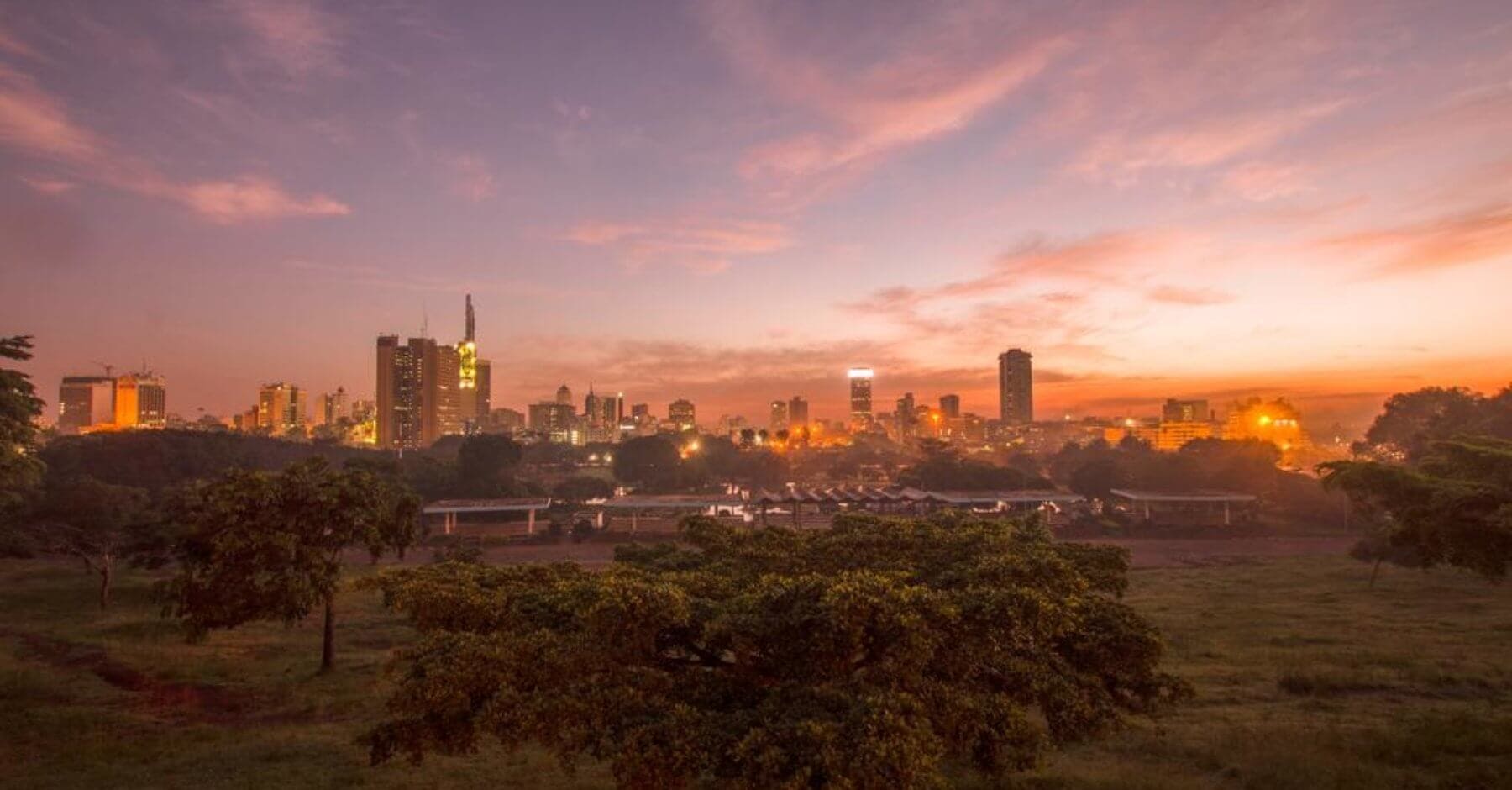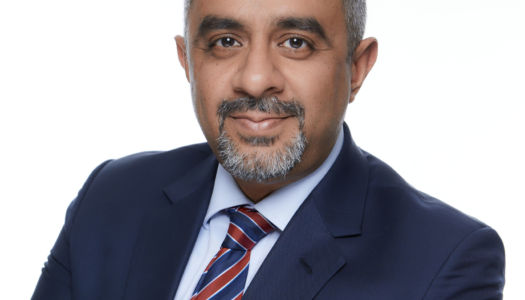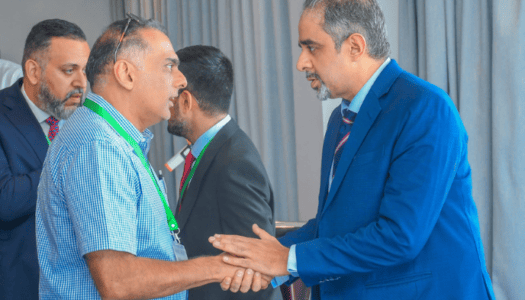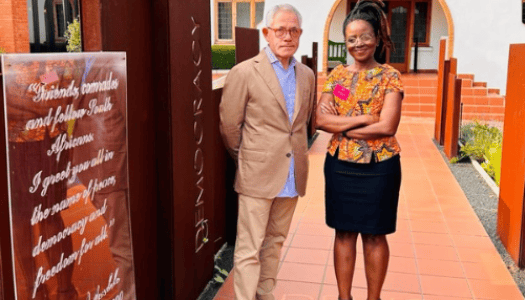There’s no doubt that Africa is facing a massive challenge as it tackles the impact of Covid-19, with the continent set to be the epicentre of the next wave of the pandemic.
Health systems and infrastructure across the continent looks fragile and the economic impact of a rapid rise in cases of the virus will be widespread and significant. According to figures from McKinsey, the jobs or incomes of 150 million Africans – one-third of the entire labour force – are at risk. Africa looks set, after two decades of steady economic progress, to tip into its first recession in 25 years.
There has been a concerted pan-African response – 102 new measures have been introduced by governments in response to Covid-19 in 45 African countries south of the Sahara, in a range of forms. However, the fiscal stimulus packages proposed by African governments of 1% to 1.5% of GDP, look tiny compared to the 3% announced in developing countries such as Malaysia, 4% by China, and 10% by the US.
In the key economies of Africa – South Africa, Kenya and Nigeria – the situation is no different. Poverty, unemployment, debt and government cash shortages are all combining to make life difficult for businesses and people.
In those markets, measures have been introduced to restrict spread of the virus and to try and curb infection rates, with some success. Governments in those three markets have introduced travel restrictions, curfews, work restrictions – South Africa has seen a 49% decrease in the number of people travelling to work, for instance, with Kenya seeing a reduction of 22% and Nigeria 11%.
Conscious that economic activity is absolutely vital in trying to ease the very real threat on life of poverty, governments have been quick to offer measures of support for business, including support for banks and tax incentives to try to assist the private sector, such as reducing liquidity ratios, slashing interest rates, and putting a moratorium on loan defaults by corporates.
What is clear, though, is that those measures will not be enough, and that there is a real need for rapid, large scale, joined-up action. Collaboration between governments, international agencies and the private sector, both domestically and internationally, is key – and we have started to see those markets look proactively in establishing public private partnerships (PPPs).
In South Africa, Nigeria and Kenya, governments have been successful in mobilising their private sectors. Nigeria’s private sector, for instance, has so far raised about US$67 million to help fight Covid-19; South Africa’s private sector has risen to the challenge to offer support in various forms; and private sector coalitions in Kenya are providing targeted financial support for the healthcare sector, with hotels being converted to quarantine facilities, and conference centres being converted to emergency field hospitals.
But coordinated international support across the continent will be vital. The IMF and World Bank have already started this process with discussions around debt relief, debt cancellations, and the Covid Fund, while both the UK and US governments are also providing direct support, and global philanthropic organisations, such as the Bill and Melinda Gates Foundation, have joined the efforts too.
The impact investment and stimulus being coordinated by the PPPs needs to be targeted, large scale, and secure, however – and this is where Jersey can be ready to play a role. The sort of expertise, governance, robust platforms and solid advice that Jersey is renowned for will be increasingly sought after as getting capital from multiple sources securely, rapidly and efficiently to where it is needed most becomes more and more important.
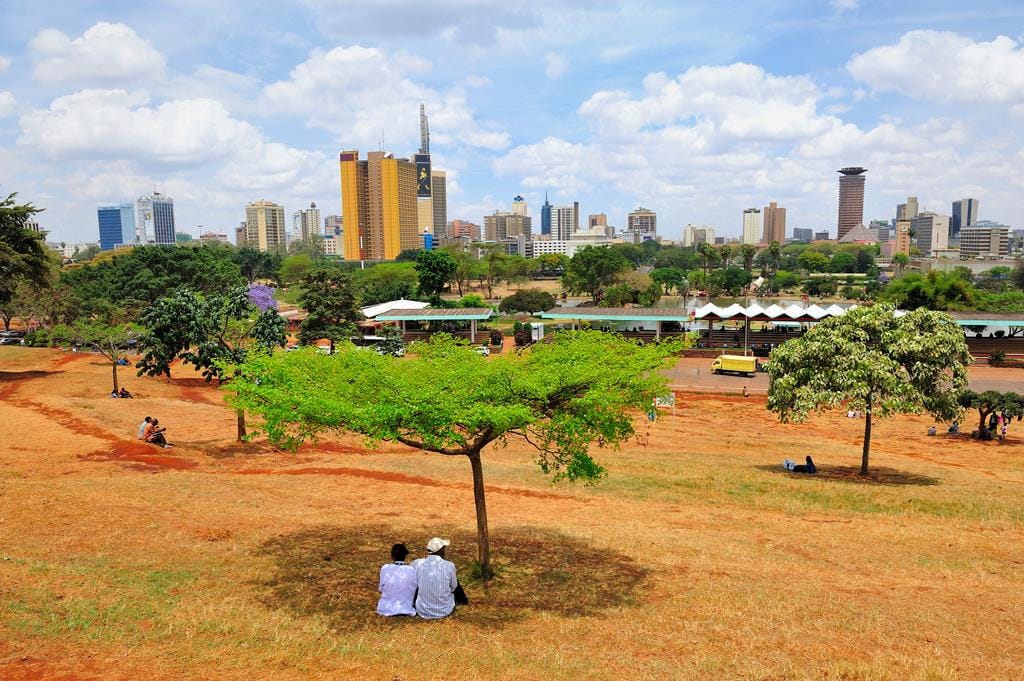
To that end, the team at Jersey Finance remains available and ready to help and support in these efforts. We are engaged regularly with gatekeepers in our key African markets through virtual meetings, podcasts and webinars and are seeing numerous opportunities for Jersey to play a positive role. Equally, Jersey firms tell us that they have pipelines of Africa-bound work ready to go as and when conditions allow.
Coordinating both sides of this will be vital over the coming weeks. With countries in other continents now beginning to implement exit strategies from lockdown scenarios, Africa will also have an eye on its recovery from Covid-19. South Africa and Nigeria have already announced phased plans to scale back restrictions; this was always inevitable with the majority of the population in major urban centres in both these countries surviving on a daily wage, coupled with the need to slowly restart economic activity.
Moving forward, the timing and creativity of response will be critical, as will how investment is targeted and how capital is mobilised. For Africa, being able to rely on forward-thinking partners to address ‘what happens next’ not just over the coming weeks, but over the coming years, will be vital.
What is clear is that the efforts Jersey has put into building strong relationships with Africa over the past decades have earned Jersey a strong reputation, and that is really putting Jersey in a good position to be at the forefront for supporting new, and absolutely critical, waves of international impact investment into Africa as the continent battles Covid-19.
Jersey Finance is sponsoring a series of webinars with Invest Africa, with the next one on 30 April focusing on why Africa’s funding conundrum is a global concern.
